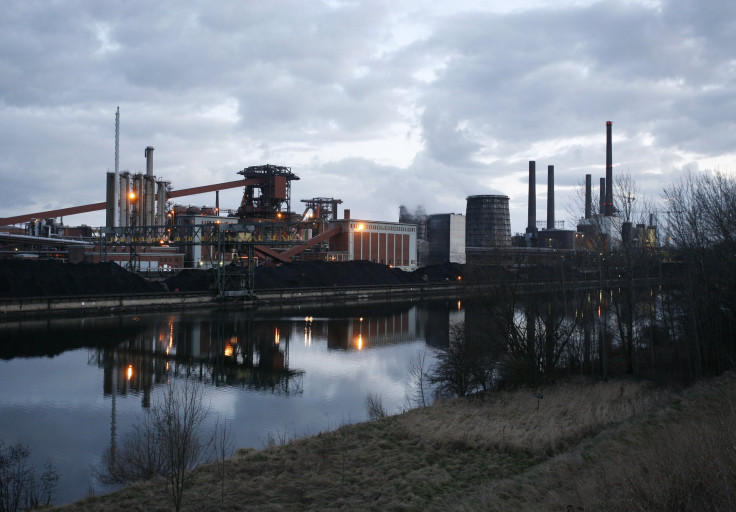German Industrial Output Beats Forecasts, Rises At Its Fastest Pace In Over 6 Years

German industrial production, which measures the output of the nation's factories, mines and utilities, rose 3.3 percent over the past month in January after retreating 0.3 percent in December. The bounce marks the first gain in industrial production in the country in three months and is the biggest increase since September 2009.
Manufacturing output in January rose 3.2 percent from the preceding month — indicating that strong demand within the eurozone may be offsetting cooling demand in emerging markets — and production of consumer goods increased 3.7 percent. Over the past year, industrial production rose 2.3 percent, beating the consensus estimate of a 1.2 percent decline.
“After a weak spell in second half 2015, the manufacturing industry had a very good start in the new year,” Germany’s economy ministry reportedly said in a statement. “Overall, a moderate recovery in industrial activity is expected in the first quarter.”
Others, however, are less optimistic. A China-led slowdown in emerging markets is slowing exports and market volatility has had a significant impact on factory orders, which fell for a second month in January. And, although Germany is benefiting from record-low levels of unemployment and inflation, which is boosting domestic demand, corporate confidence has been hit by concerns that the eurozone’s recovery might soon fade.
“Order books are still not filled and the production boom coincides with inventory reductions,” ING economist Carsten Brzeski told Reuters. “Moreover, the drop in confidence indicators and production expectation over the last months suggest that things could still first get worse before they really get better for German industry.”
© Copyright IBTimes 2024. All rights reserved.












